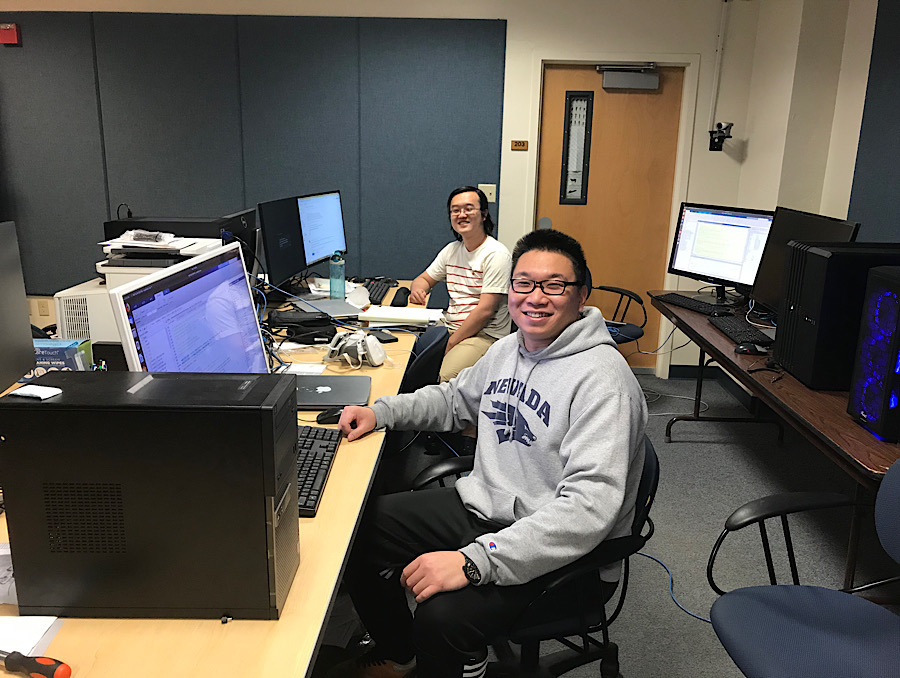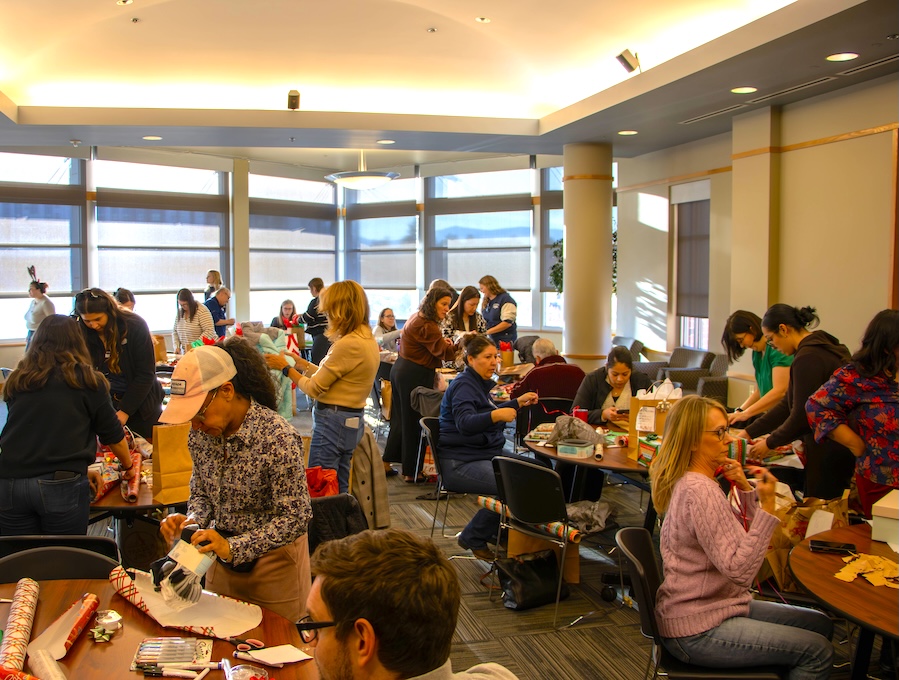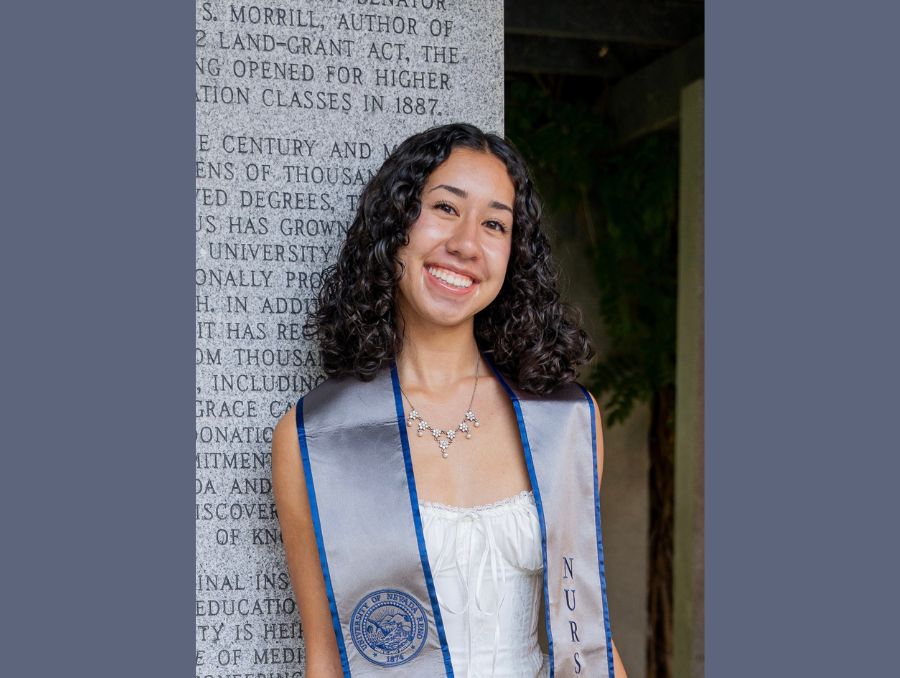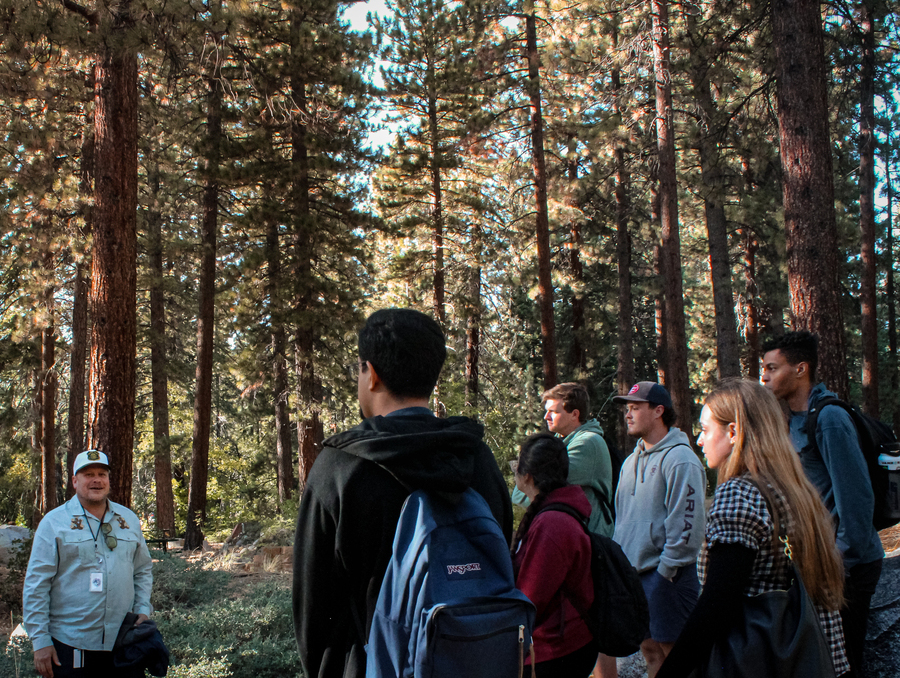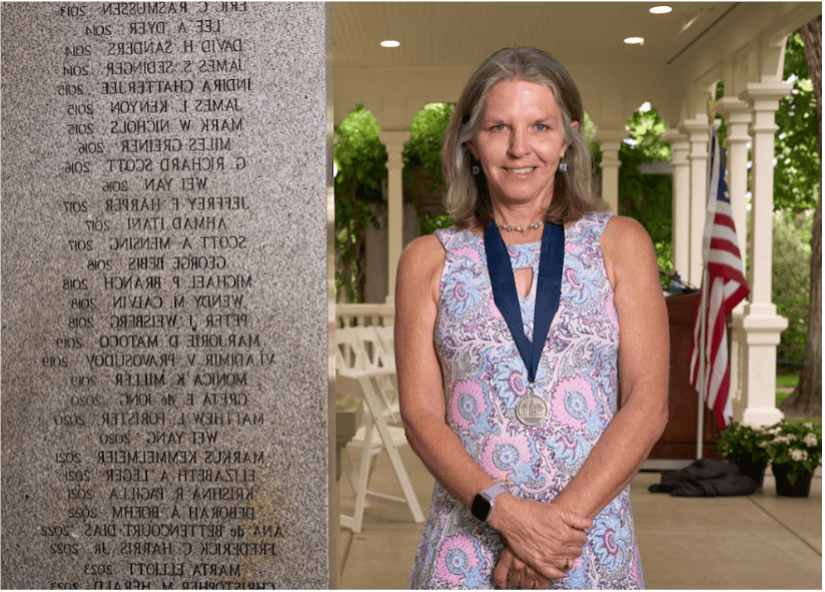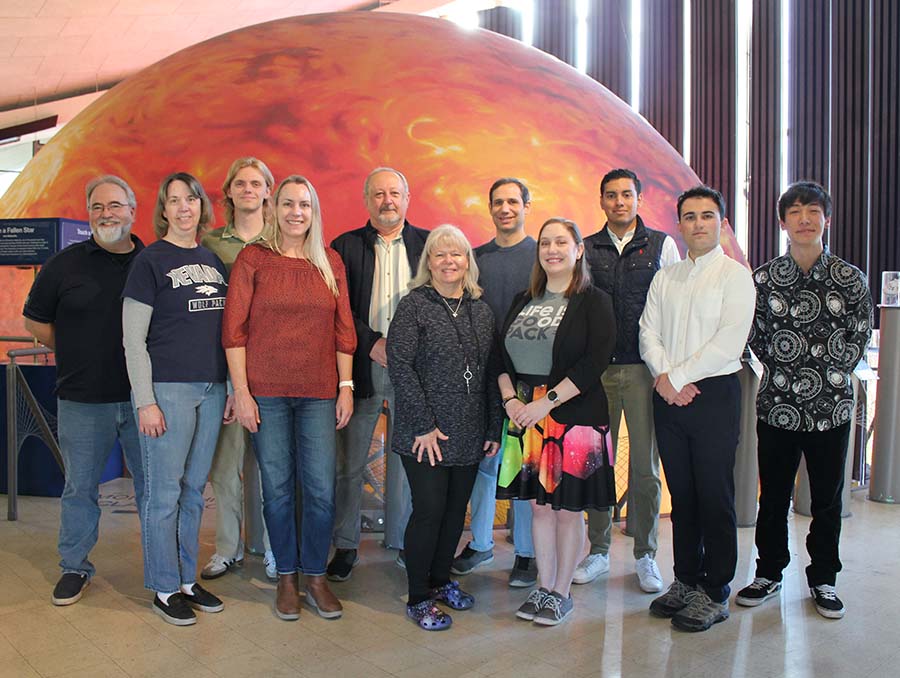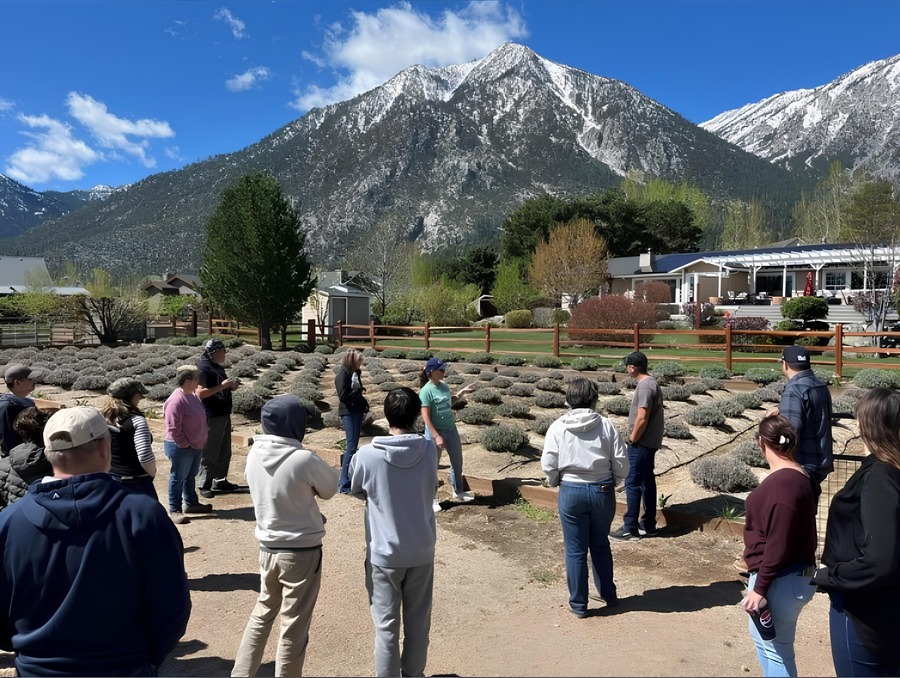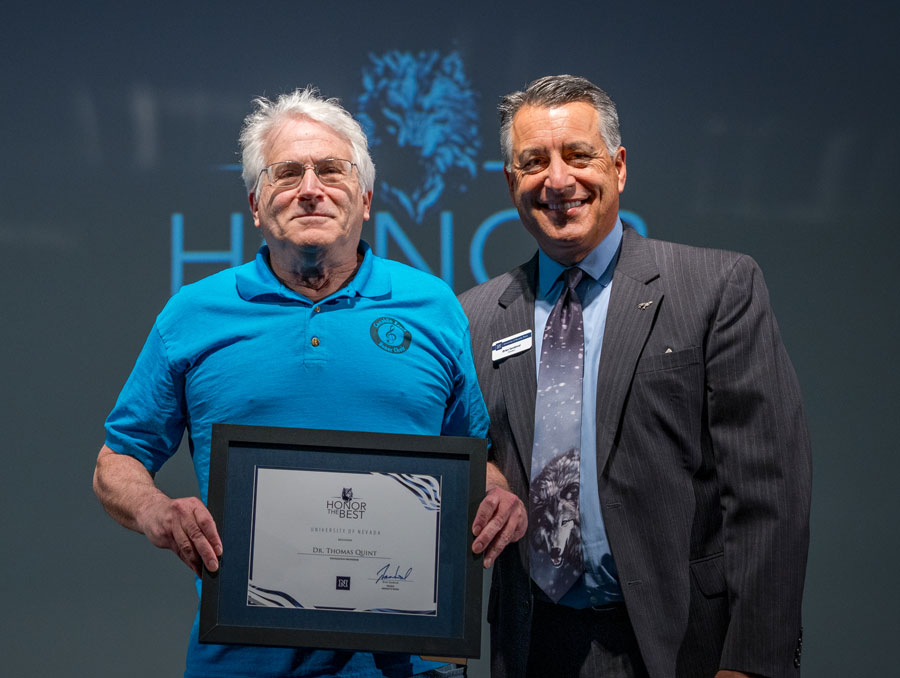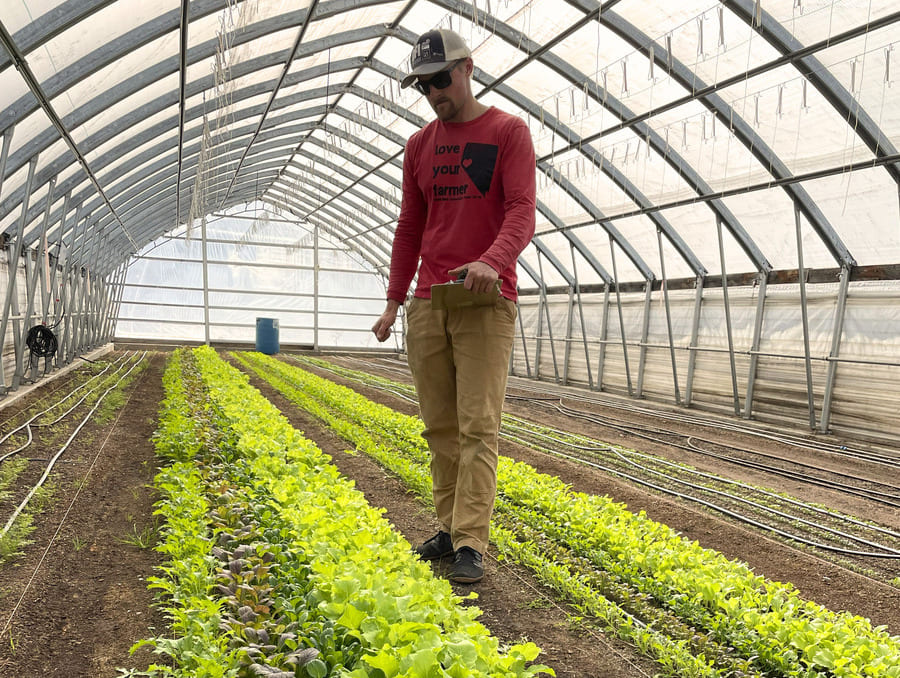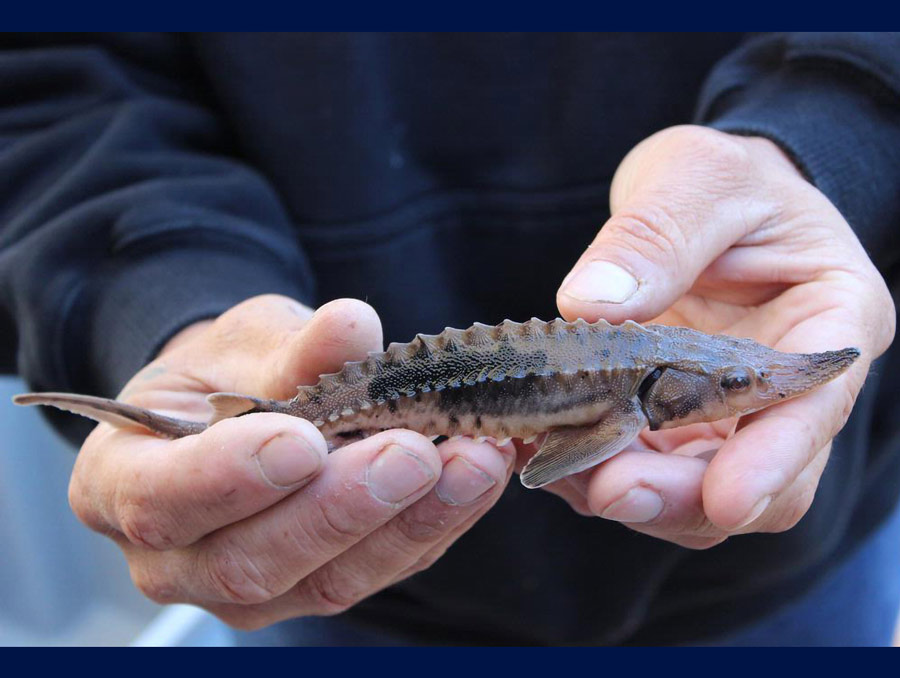Associate professor Bin Li of the chemical and materials engineering department was awarded two National Science Foundation grants to fund his research on lightweight materials that will help advance mechanical behavior of materials including magnesium and titanium alloys. This research also ties into usability in the automotive and aerospace engineering fields.
He received $469,200 for his first grant, Understanding Dislocation Motion and Plasticity via First Principles Simulations Towards Manufacturing of High Ductility Magnesium Alloys.. This grant will fund research on the ductility of magnesium alloys which are well suited for use in automotive and aerospace engineering industries.
Li’s second project, “Resolving Twin-Slip Interaction Mechanisms in Hexagonal Close-Packed Metals.” was awarded $268,696.
Li said one of the main goals of the research projects is to conduct experiments and computer simulations to better understand how crystal defects form and how they affect the strength and ductility of the lightweight metals. Based on the knowledge gathered by these experiments and this research, lightweight materials can be better manufactured and at a lower cost.
“These research projects will allow us to gain physics-based knowledge about the mechanical properties of lightweight materials,” Li said. “The results obtained from computer simulations and calculations will be used as guidelines for making new alloys in the laboratory and for industries.”
Li also said that these projects will promote and accelerate education for undergraduate and graduate students and will seek to engage underrepresented groups in the STEM fields. This will occur by facilitating integrated computational materials and educational resources to make them more accessible to students.
